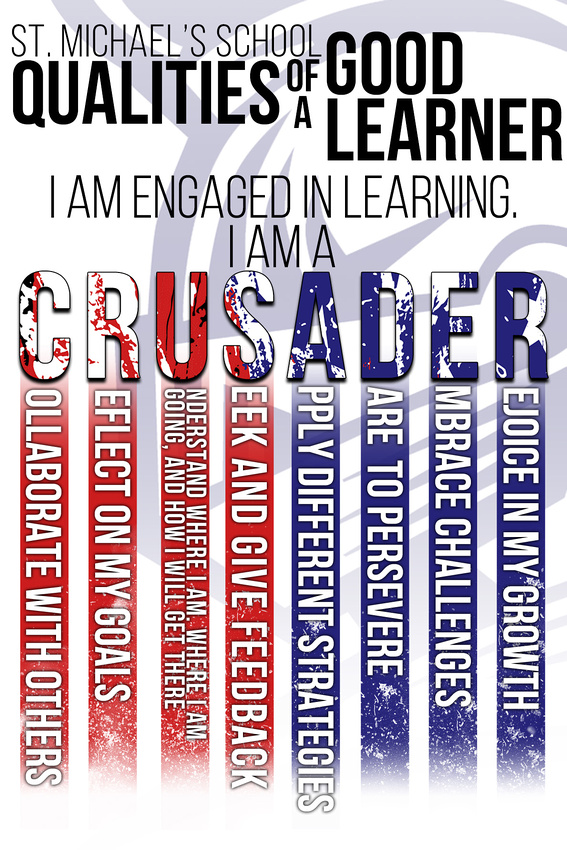Last week, I wrote about what it means to be smart. I provided a list of qualities one might attribute to an intelligent person, and I suggested that two excellent ways to cultivate “smartness” is by fostering vocabulary and content knowledge. This post will highlight another important skill.
Early in my educational career, aspiring teachers were told that students were “a blank slate” or “an empty vessel” and it was up to us to fill them with knowledge. Years later, we now recognize that children are not “blank slates.” Genetics (nature) plays an important role in individual traits and predispositions. Children are born with thousands of qualities and characteristics, passed on from their ancestors, just waiting to be developed. As Catholic educators, we regularly remind our students that God has blessed each one of them with numerous gifts and talents, and it is up to them to discover and grow the gifts they have been given.
This, however, is not the only catalyst in determining intelligence. Environment, experiential learning, and formal education (nurture) also play an important role. Parents, as the primary educators of their child, are pivotal in providing conditions that promote and stimulate learning, some of which are not always eagerly embraced by children (e.g., supplying a healthy diet, ensuring plenty of rest and exercise, limiting TV/gaming, and saying no to cell phones/social media). Parents also are key to providing opportunities for experiential learning, which do not necessarily have to be costly. Finally, formal education over 12-16 years, impacts the potential for achievement.
Many of the traditional approaches to teaching, while effective at the time, are no longer considered best practices today. Instead of teachers filling students with knowledge, we empower students to take charge of their own learning. We strive to develop Assessment Capable Learners who Collaborate with others, Reflect on their goals, Understand where they are in the learning process and where they are going, Seek and give feedback, Apply different strategies, Dare to persevere, Embrace challenges, and Rejoice in their growth. Teachers provide direct instruction for a portion of each lesson, but then, it is up to the students to get busy engaging with the content through inquiry, discovery, error, and most important, through discussion.
That brings me to the third skill that is so important to develop. When students are able to articulate or explain what they are doing/learning, they are on the way to mastery. It is necessary for students to share their ideas, their wonderings, their questions, and their suggestions with their peers. When they can explain their thinking to someone else, not only are they helping the other person understand, but they are also shoring up their own confidence and understanding. As I go from classroom to classroom during informal and formal teacher observations, I am certainly attuned to how a teacher presents new content, but I am also interested in listening to student conversations about the material they are learning. The more students talk, the more the content is being reinforced in their minds.
You can help with this process at home as well. Rather than focusing on the answer to a question or a problem, ask your child to explain how they came up with the answer, solved the problem, or why they responded as they did. Gently nudge them to expand on their explanation. Again, the more they talk, the more they are grasping the content. As an added plus, if you develop this practice now when your children are young, you are in store for a world of delight when they get to high school, college, or start their first job, because they will be eager to share with you, with great passion, all they are learning and doing. At that point, you may not have any idea what they are talking about, but that doesn’t matter. You just need to smile and nod and be content that you have raised a child who is smarter than a fifth grader.

In Mission,
Kathy

